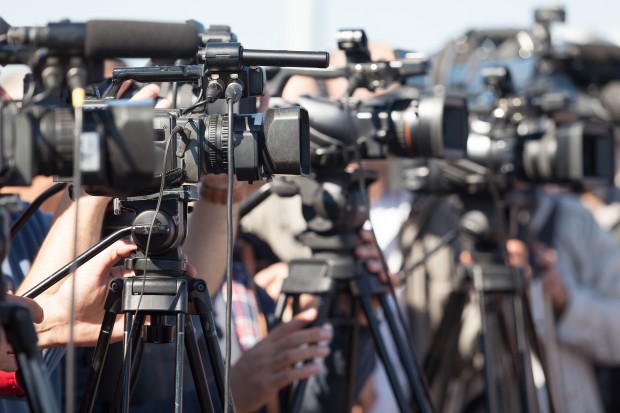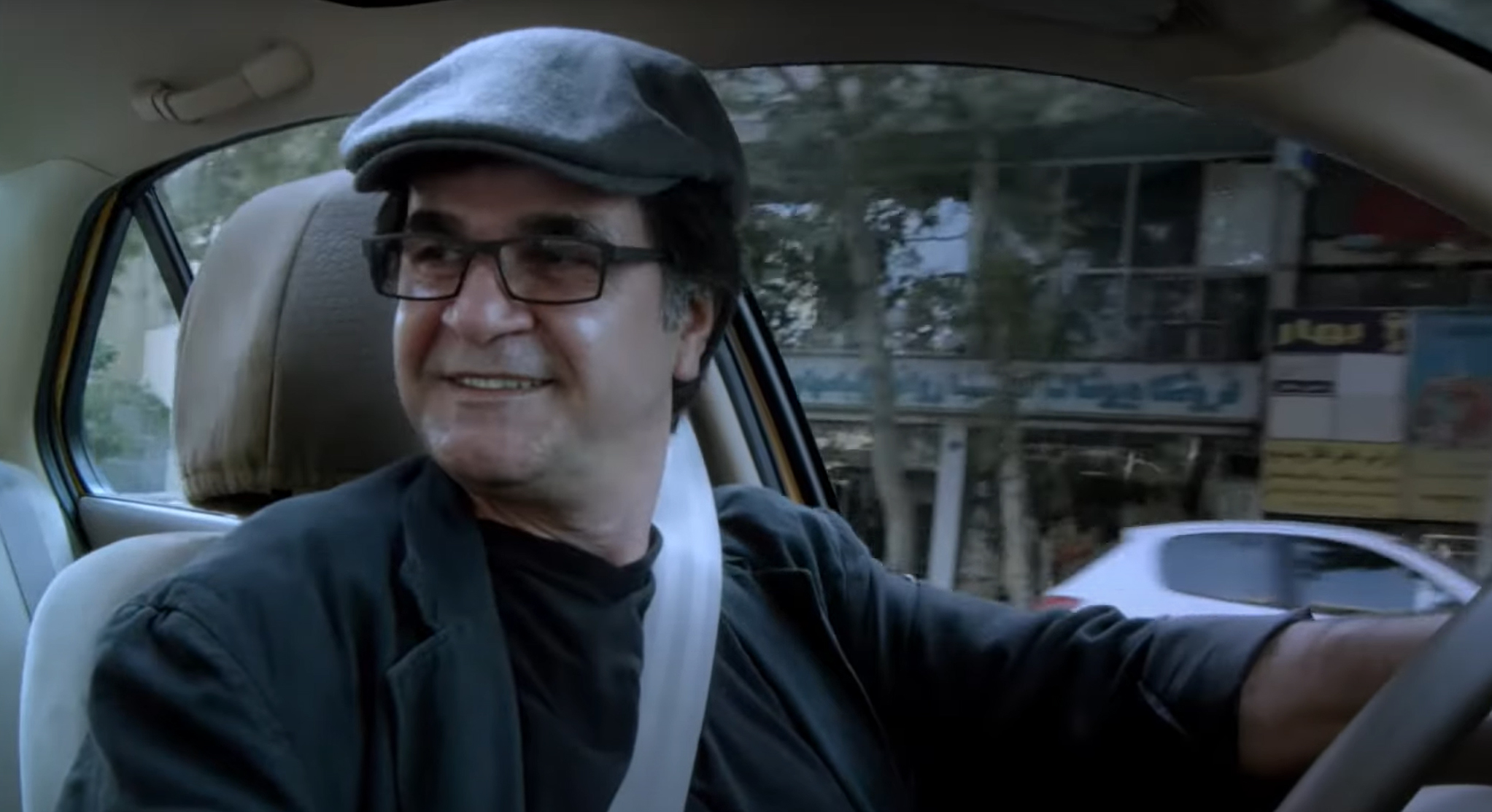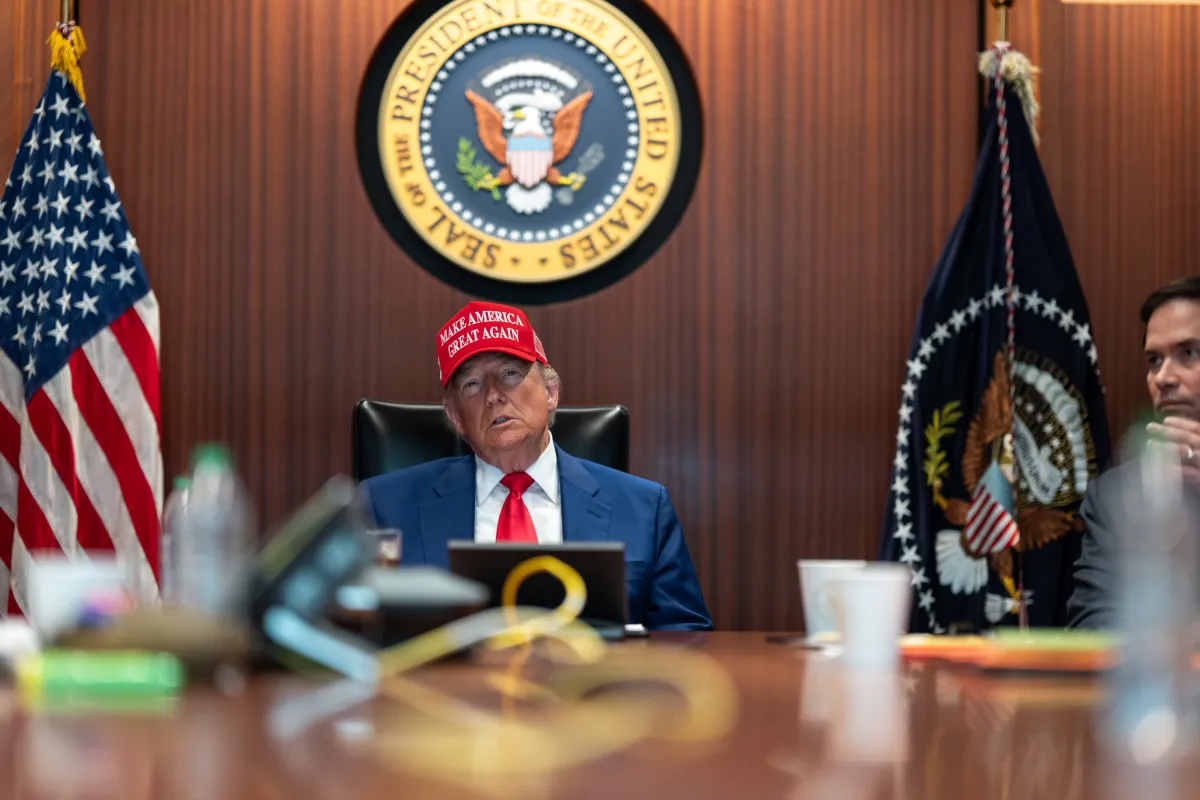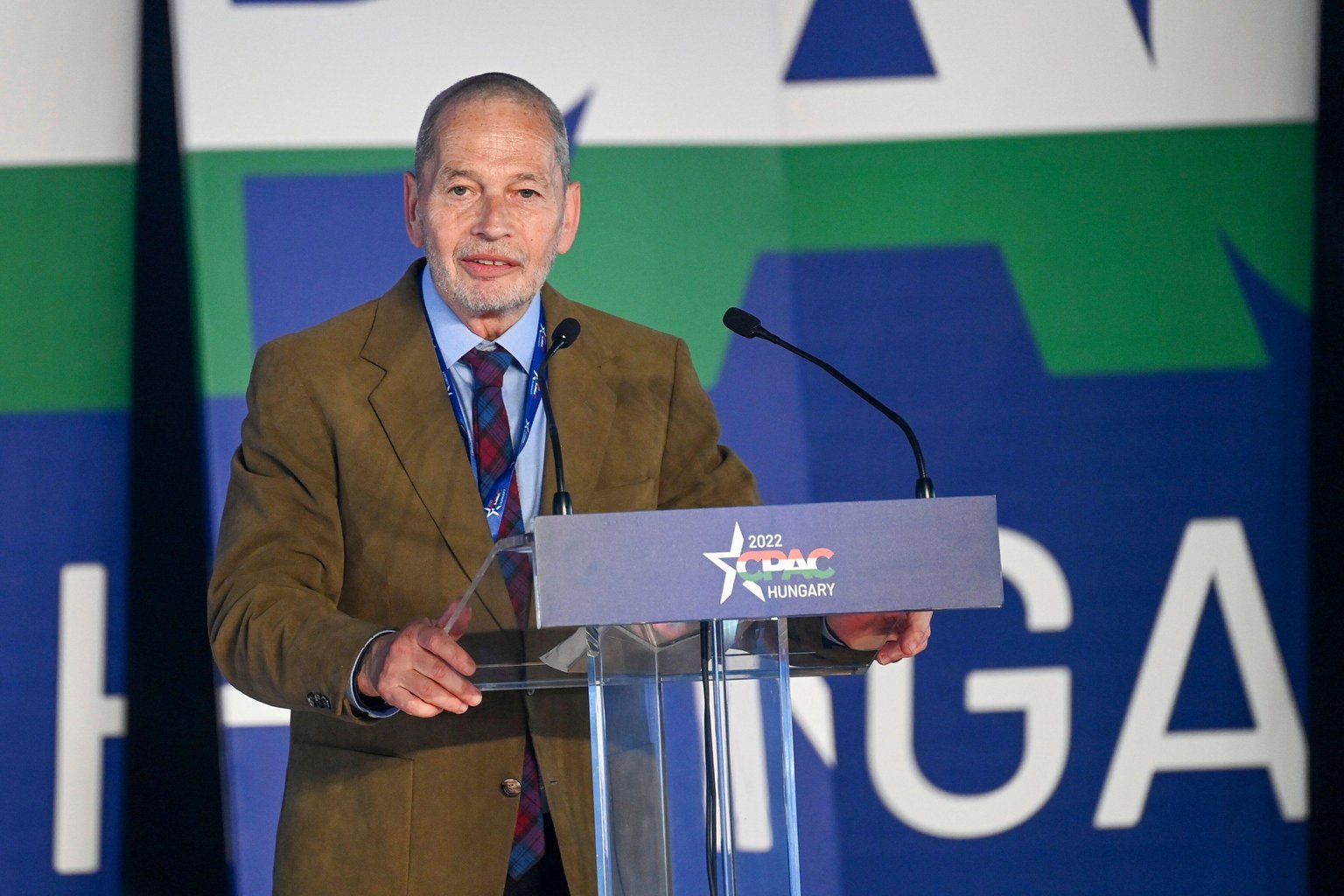Click on the dots for more information on the incidents.
Each week, Index on Censorship’s Mapping Media Freedom project verifies threats, violations and limitations faced by the media throughout the European Union and neighbouring countries. Here are five recent reports that give us cause for concern.
Spain: El Mundo axes director after staff cuts
On 1 June David Jiménez, who was fired as El Mundo’s director on 25 May, filed a complaint against the paper.
Jiménez alleges that Antonio Fernández-Galiano Campos, president of El Mundo’s owner Unidad Editorial, pressured him to edit the paper to conform with the publisher’s corporate strategy.
Jiménez, who was hired as director in May 2015, claimed his right to direct editorial coverage independently was suppressed. His firing came just four days after the paper laid off 168 staffers including 38 journalists due to financial pressures.
Greece: Police limit media access to refugee relocation
Riot police overseeing an operation to move refugees from a camp in Idomeni, on the border near Macedonia (FYROM), only allowed public broadcaster ERT and the national Athens News Agency to cover the events.
The Greek Union of Photojournalists denounced the “flagrant violation of the freedom and pluralism of press”, during an operation to evacuate the country’s largest informal refugee camp of Idomeni. The statement stressed that journalists and photojournalists were not in danger, at least “not more than the ERT and ANA journalists”.
“If the trapped people use violence it won’t be against journalists and photojournalists, but against the police,” the organisation said in its statement.
In an interview with Greek TV, Mega Channel, a representative of the government commented that “there are always restrictions to the press during such operations”.
Serbia: Ruling party accused of purging RTV Vojvodina staff
Journalists for the provincial radio and TV station RTV Vojvodina claim they will be replaced by new journalists who have been chosen by the Serbian Progressive Party, which has been the ruling party in the autonomous region Vojvodina since the elections in April 2016.
The entire editorial staff was told on Wednesday 18 May 2016 that they no longer need to come to work, and that other journalists would take over their jobs. They have not been fired.
Editor-in-chief of TV channel 1, Mirjana Jovic, and general director Srdjan Mihajlovic had earlier resigned. Both are believed to have left the station under “political pressure”. Programme director Slobodan Arezina has also been dismissed, B92 reported.
In response, around forty journalists and editors have sent an open letter in which they express their worries about “sudden personnel changes that have not been clearly explained”. They are demanding a public explanation from the management “about why there has been such a sudden shift without explanation and whether this is a political decision”.
Turkey: Journalist given 20-month jail sentence, stripped of parental rights
A court in the city of Mersin sentenced journalist Arzu Yildiz to 20 months in jail and deprived of legal guardianship over her children for footage she published in May 2015.
The footage was from a court hearing where four prosecutors were on trial for ordering a search of trucks belonging to Turkey’s MIT intelligence agency as they traveled to Syria in 2014, Reuters reported. President Erdogan accused those who covered the story as plotting against his government along with enemies to undermine Turkey and to embarrass the country.
The lawyer said the decision to strip parental rights was an act of revenge. “There are many cases in which the court does not execute this article of the penal code. They didn’t have to do it”.
Ukraine: President approves sanctions against 17 Russian media executives
Ukrainian president Petro Poroshenko signed a decree to impose personal sanctions against 17 Russian media executives for broadcasting propaganda, the Unian information agency reported.
According to Human Rights Watch, among the 17 are Konstantin Ernst, general director of Channel One, Russia’s main state-owned television channel, and Margarita Simonyan, chief editor of Russia’s international television network RT (formerly Russia Today) and the Rossiya Segodnya news agency. Journalists on the list also include Vladislav Fronin, chief editor of the official government newspaper Rossiyskaya Gazeta, and Vitali Leibin, editor at Russkiy Reporter magazine. Russia either owns — at least partially — or exerts significant control over the media outlets listed in the presidential decree, HRW said.
According to the decree the 17 individuals “create real and potential threat to national interests, national security, sovereignty, and territorial integrity of Ukraine; facilitate terrorist activity and violate citizens’ rights and freedoms; contribute to the occupation of territories, and obstruct full realization of rights and freedoms by Ukrainian citizens.”
The decree bars the 17 from entering Ukraine through December 31 2017.
Mapping Media Freedom
|






